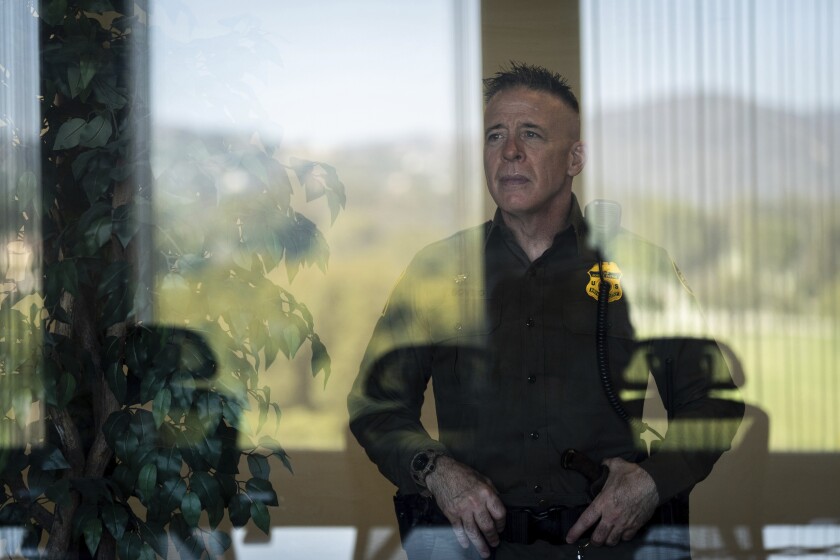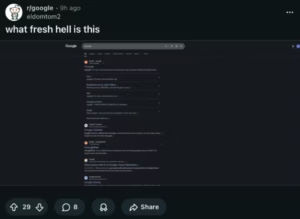
UPDATE: A federal judge has mandated that Gregory Bovino, the top U.S. Border Patrol commander, must testify under oath in an ongoing lawsuit concerning the treatment of protesters during the Trump administration’s controversial deportation actions in Chicago. U.S. District Judge Sara Ellis ruled on this urgent matter following a lengthy hearing, emphasizing that the questioning will focus on the enforcement actions of federal officers and potential violations of constitutional rights.
Judge Ellis has set strict parameters for Bovino’s deposition, which is scheduled ahead of a critical preliminary injunction hearing on November 5. She specified that questions must be limited to the “how” of federal law enforcement activities, explicitly excluding broader inquiries about the rationale behind targeting Chicago over other cities like Austin, Texas.
In a significant twist, the judge has also allowed the questioning of Russell Hott, the former Chicago Field Director for ICE, and Daniel Parra, Deputy Chief Patrol Agent of the Border Patrol. Each deposition is capped at two hours, intensifying the urgency of the proceedings as the case gains public attention.
The backdrop of this lawsuit is the administration’s aggressive “Operation Midway Blitz,” which has drawn scrutiny due to its tactics, including the controversial use of tear gas against protesters. This follows recent incidents in which federal agents were accused of using riot control measures without warning during deportation efforts. Notably, on October 12 and October 14, tear gas was deployed in residential areas, raising serious concerns about adherence to court orders prohibiting such actions.
During the hearing, Judge Ellis expressed alarm after media reports highlighted potential violations of her previous order banning the use of gas and other crowd control measures without prior warnings. The judge’s concerns were echoed by witness accounts from the incidents, where no warnings were heard before the gas was deployed.
“They were given lawful orders to get out of our way,” CBP Deputy Incident Commander Kyle Harvick stated, justifying the actions taken by agents during these protests. He described scenes of escalating tension, stating that agents faced “active resistance” from protesters, who allegedly threw objects at them, including eggs and bricks. Harvick’s assertions come amid a backdrop of significant public backlash against the treatment of demonstrators.
Furthermore, the testimony revealed that no agents have faced disciplinary action for their conduct throughout the ongoing deportation campaign. This lack of accountability raises further questions about the federal authorities’ operational oversight and the treatment of individuals exercising their right to protest.
As the case unfolds, the eyes of the nation remain on Chicago, where the implications of these actions could set critical precedents. The upcoming depositions and hearings are expected to provide more insights into the enforcement strategies employed by federal agents during a tumultuous period of immigration policy.
What’s Next: With the preliminary injunction hearing just around the corner, observers are keenly awaiting the outcomes of these depositions. The testimony will likely shape future legal actions and influence public perception of federal law enforcement’s role in immigration enforcement.
Stay tuned for the latest developments as this urgent situation continues to evolve, impacting both the legal landscape and community relations across the nation.




